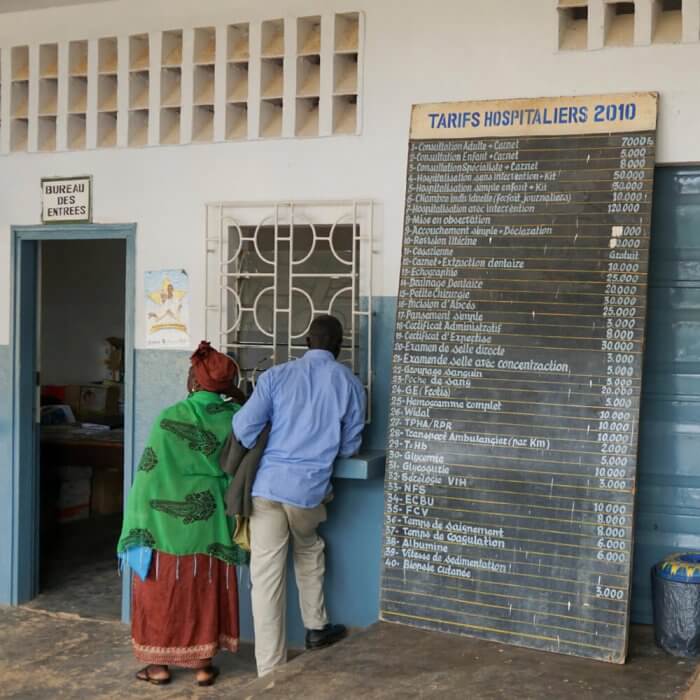Strategic purchasing enables health systems to use public health funds efficiently to deliver affordable, high-quality health services to more people in an equitable way. But doing so requires both technical expertise and the ability to manage change in resource-constrained environments.
To build and channel existing expertise in sub-Saharan Africa, Results for Development is partnering with AMREF, a Nairobi, Kenya-based organization, to establish a Strategic Purchasing Africa Resource Center (SPARC). SPARC will match this expertise to country demand by brokering tailored packages of strategic purchasing support. SPARC will also provide capacity-building and support for its network of experts and foster peer learning.
The Challenge
In the last two decades, we’ve seen low- and middle-income countries (LMICs) mobilize and commit an unprecedented amount of funding to health, which is a crucial step toward stronger, self-sustaining health systems and universal health coverage.
But many challenges remain for LMIC governments, including figuring out how to direct limited funds to priority populations and services, and how to create the right incentives in the system to use funds efficiently for high-quality care and prevention to be accessible to as many people as possible.
Since governments are often the largest single purchasers of health services in a country, they have the power to shape the health care market and service delivery. But to do so requires knowledge of how to maximize the value of investments — and the ability to navigate a complex array of stakeholders with varying interests and motivations.














